With the amount of people I have worked with one and one, or even just had a nutrition consultation with, I usually find that there are two types of people. People that don’t mind tracking their food and people that despise tracking their food. And if I’m being completely honest, the people that love it or are able to stick it out for the tough parts, are the most successful.
I think there is a stigma around tracking our food.
I saw a post the other day that said tracking your food daily is a “mental disorder” and can lead to a “bad relationship with food”. And yes, I do think sometimes I can get a little cuckoo, but I definitely do not believe that is in relation to my habits of tracking food.
As a society we track so many things. Our budgets, finances, sleep, time, workouts, and probably more! But why is food something we shy away from? When we track our budget, we want to know where exactly every penny is being spent, when we track our sleep, we want to know how much was REM or how much was restorative, when we track our time, we want to make sure every second is being used effectively or efficiently, so wouldn’t we want to know the same thing about what is going in our body? Does that now all of a sudden mean that if we track those other things, we are “unwell”?
I think the problem sometimes is that if one person has a bad experience or negative outcome with something, that means it’s deemed bad for everyone. I can’t tell you how many times I’ve had the conversation about CrossFit or functional fitness being bad for you and it eventually coming down to that person having ONE bad experience with it. I mean can you imagine if that’s how we approached everything? I’d be doomed because I KNOW I’ve made horrible first impressions with people who are now some of my best friends.
I’ve been tracking my food on and off for over 4 years and sometimes it’s the only thing that does make me feel sane because it may be the only thing I’m able to control! It would be naive of me to say that we can 100% control everything day to day. We just have to remember that as long as we focus on what we can control, it makes everything else seem like less of a deal.
Sometimes it starts with a little bit of mindset change. If we can get ourselves to look past the number of calories (which is where I think people can get hung up), I think we will realize the multitude of reasons why it’s important to track our food.
We have to stop living in a society where we think there is a perfect number of calories to eat, we can’t just find some random number on the internet and think “Okay, this is how much I need to eat and this is what my macros are supposed to look like”.
Getting past the numbers can be tough but if we are able to shift our train of thought and purely look at this as data, we can now be open to taking this information and having some fun with it! If we have a weight loss goal, we want to make sure we know where every calorie is coming from, like your budget. If we have a performance goal we’d want to know if every calorie or even yet, every carbohydrate or gram of protein is being used and timed out efficiently throughout the day, much like the way we look at our schedules and time. If we sometimes track our food for a stretch, we can see what your nutrition was like leading up to the hiatus of tracking and look for trends! Is the same thing happening every time we stop tracking our food?
I think there is a new wave in the fitness space coming around causing us to be consumed with data. Which isn’t necessarily a good or bad thing, it’s just a matter of taking the data and seeing what we can do with it.
I mean, what’s the point of me wearing my Whoop if all I do is just look at the heart rate graph or my sleep and do nothing with it? I’m better off without the tan line on my wrist. But it’s about what I’m doing with that data. I know now that running is probably super uncomfortable for me because my heart rate skyrockets to 180 bpm and stays there for the entire duration of my run. So how do I apply this data? Well, I can try running intervals when I’m super fatigued and see if that keeps it lower because I’ve already physically exhausted myself, I can accept the fact that it gets that high and lean into the discomfort knowing that for the entire duration of my run I will be managing a high heart rate which I can use to my advantage in the middle of a metcon knowing that I can hold 180 beats for over ten minutes, or I can look at that data and do nothing with it.
Nutrition is basically the same way. I can look at the data and do nothing, or worse, beat myself up over it if it didn’t pan out the way I wanted it to because I didn’t stay within my calories, macros, etc. I can also look at that data and see that hmm, maybe the extra calories is what made me feel like I had extra lasting energy throughout my workout. Or, maybe the extra calories I had made me feel a little sluggish on my gymnastics and bodyweight movements but made my lifting feel stronger. I can see that this meal before dinner was higher in calories than I usually have which made me not feel as hungry for breakfast the next morning. I can see that this snack before my workout made me feel great, or maybe it sat too heavy for that style of workout.
I can use the data of my food and calorie intake to take note of so many things. It’s not just the number of calories, it’s not just the macronutrient ratio, it’s so much more.
Coach Trina


